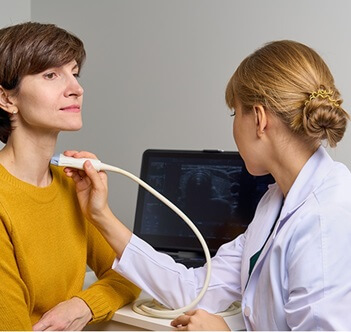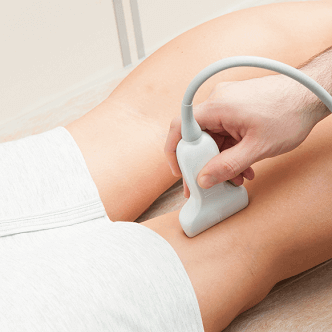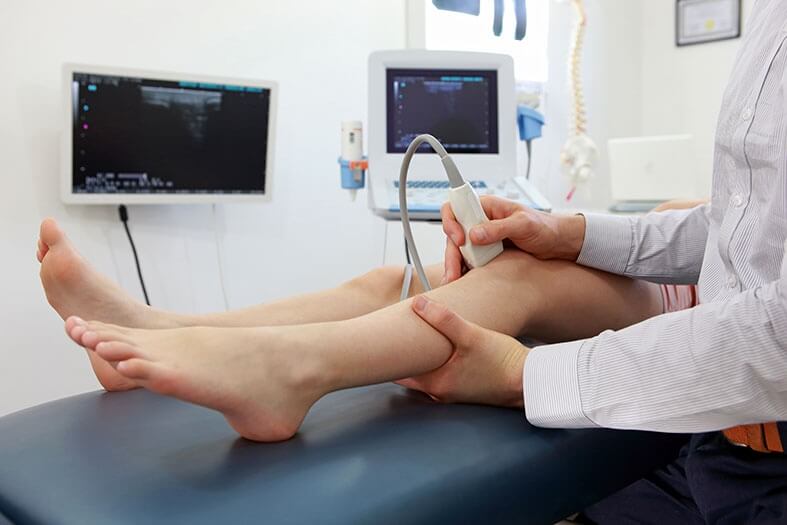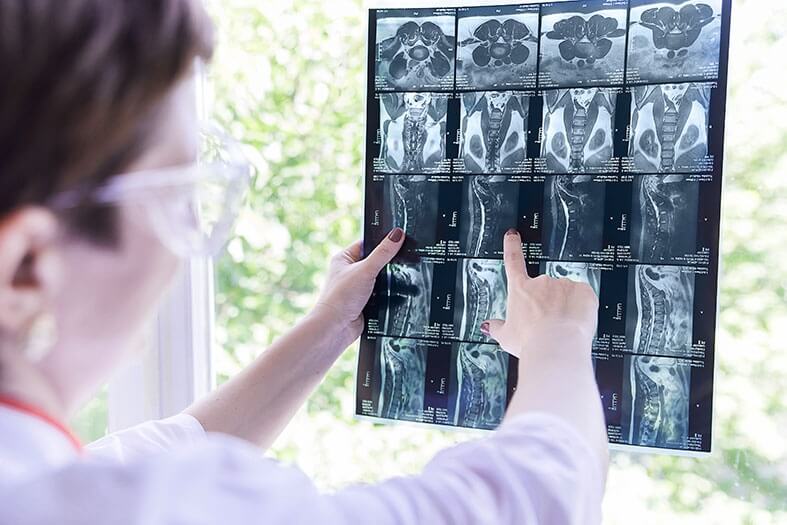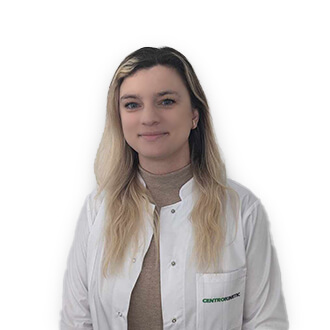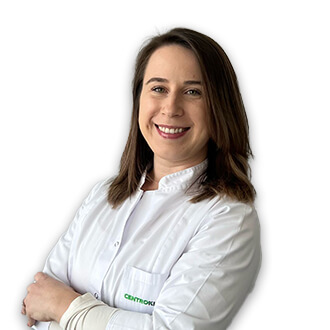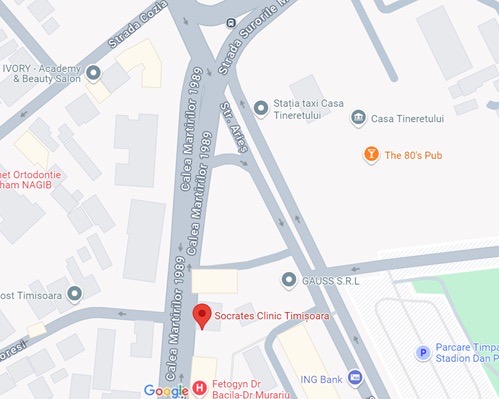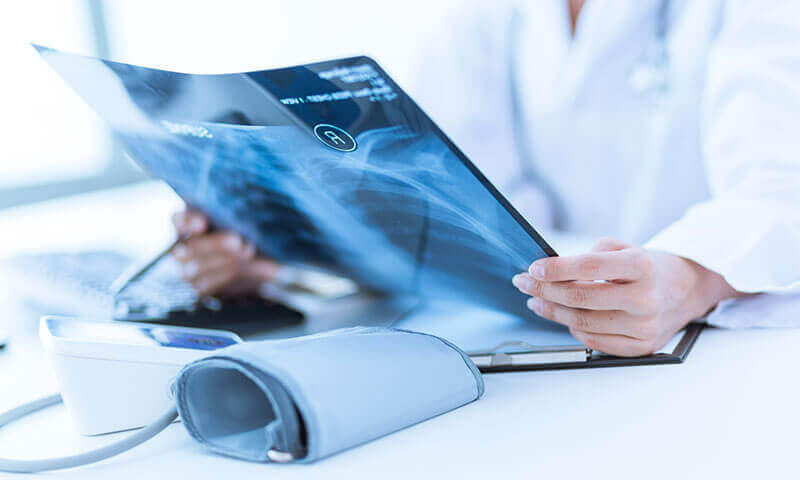
Imaging tests provide important information about different parts of the body and help doctors diagnose a condition, determine the severity of a disease and monitor people after the condition is diagnosed . Most imaging tests are painless, relatively safe and non-invasive (meaning they do not require an incision in the skin or the insertion of an instrument into the body).
- Dr. Sorin Ghiea, one of the most experienced radiologists in Romania and President of the Romanian Society of Musculoskeletal Imaging
- Dr. Pantu Cosmin, radiologist specialized in musculoskeletal pathology, MRI, ultrasounds and intraarticular and periarticular infiltrations.
Imaging tests can use the following:
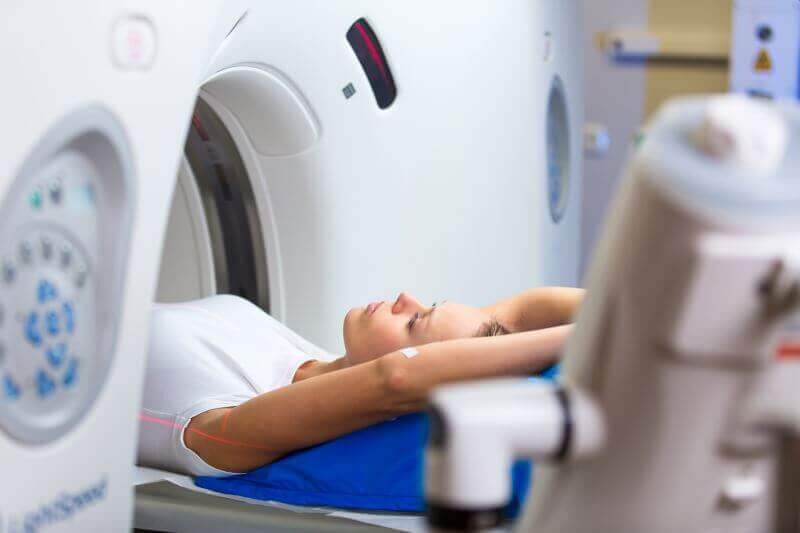
MRI in orthopedic diseases
MRI is the most complex method of investigating patients, with the help of which three-dimensional images can be obtained from any part of the body. Unlike X-rays and CT, an MRI does not use radiation, it practically does not irradiate the body.

Find out practical information for the patient in the dedicated article .
Musculoskeletal ultrasound
Musculoskeletal ultrasound is a non-invasive, non-radiant and painless scanning method, with a diagnostic role for many conditions, from ruptured ligaments to herniated discs, but also for precise needle guidance during injections.
Even patients with metal implants or cardiac implants can undergo the examination (which is not possible with MRI). In addition, patients are in a more comfortable position and tolerate this method much more easily. Musculoskeletal ultrasound allows real-time dynamic examination of the patient - Static imaging cannot clearly show moving tissues and structures when pain and dysfunction occur. With the help of musculoskeletal ultrasound, the doctor can see what is happening to the joint at that very moment of the movement that causes the pain.
The activity of our Department of Medical Imaging Radiology is complemented by infiltrations under ultrasound guidance, a quick and effective remedy against pain and lack of mobility.
Prices
You can find here a detailed list of the prices of individual services. But any correct recovery process is based on a mixed plan of therapies and procedures, customized according to the condition, stage of the condition, patient profile, and other objective medical factors. As a result, in order to configure a treatment plan, with the therapies involved and the prices related to the plan, please make an appointment here for an initial consultation.
About Centrokinetic
Centrokinetic clinic offers all services necessary for a complete rehabilitation process, from the first consultation to the medical specialist to establish the correct diagnosis, to treatment and recovery.
Centrokinetic is the place where you will find clear answers and solutions for your motricity problems. The clinic is dedicated to osteoarticular conditions and is divided into the following departments:
- Orthopedics, a department composed of an extremely experienced team of orthopedic doctors, led by Dr. Andrei Ioan Bogdan, primary care physician in orthopedics-traumatology, with surgical activity at Medlife Orthopedic Hospital, specialized in sports traumatology and ankle and foot surgery.
- Pediatric orthopedics, where children's sports conditions are treated (ligament and meniscus injuries), spinal deformities (scoliosis, kyphosis, hyperlordosis) and those of the feet (hallux valgus, hallux rigidus, equine larynx, flat valgus, hollow foot).
- Neurology, which has an ultra-performing department, where consultations, electroencephalograms (EEG) and electromyography (EMG) are performed.
- Medical recovery for adults and children, department specialized in the recovery of performance athletes, in spinal disorders, in the recovery of children with neurological and traumatic diseases. Our experience is extremely rich, treating over 5000 performance athletes.
- Medical imaging, the clinic being equipped with ultrasound and MRI, high-performance devices dedicated to musculoskeletal disorders, and complemented by an experienced team of radiologists: Dr. Sorin Ghiea and Dr. Cosmin Pantu, specialized in musculoskeletal imaging.
Find the latest news by following the Facebook, Instagram and YouTube accounts of the Centrokinetic clinic.
Thyroid ultrasound
Thyroid ultrasound is a type of imaging examination that investigates the health of the thyroid gland. The thyroid gland is located at the base of the neck, in the front, and is the most important organ for regulating metabolism by producing thyroid hormones. Usually, thyroid ultrasound is a standard procedure during an endocrinology consultation.
READ MOREDoppler ultrasound of the carotid arteries
The arteries in the neck are very important because they circulate blood to the brain. Doppler ultrasound measures blood flow (direction, speed, volume) from arteries or veins.
READ MOREDOPPLER ULTRASOUND FOR LIMBS
Ultrasound is a non-invasive, non-radiant and painless scanning method that provides accurate images of blood vessels, their structure and size. Find out more in this article.
READ MOREHIP ULTRASOUND FOR NEWBORNS
Hip ultrasound is essential in the early detection of hip developmental dysplasia. It is painless, non-invasive, and non-radiant investigation. Find out more
READ MOREULTRASOUND-GUIDED INFILTRATIONS
Find out what ultrasound-guided infiltrations are and make an appointment for a medical examination at Centrokinetic. We have successfully treated a few thousand cases
READ MOREMUSCULOSKELETAL ULTRASOUND
Find out about the musculoskeletal ultrasound and its role in the diagnosis and treatment of various orthopedic and neurological problems.
READ MORE
MAKE AN APPOINTMENT
CONTACT US
MAKE AN APPOINTMENT
FOR AN EXAMINATION
See here how you can make an appointment and the location of our clinics.
MAKE AN APPOINTMENT


